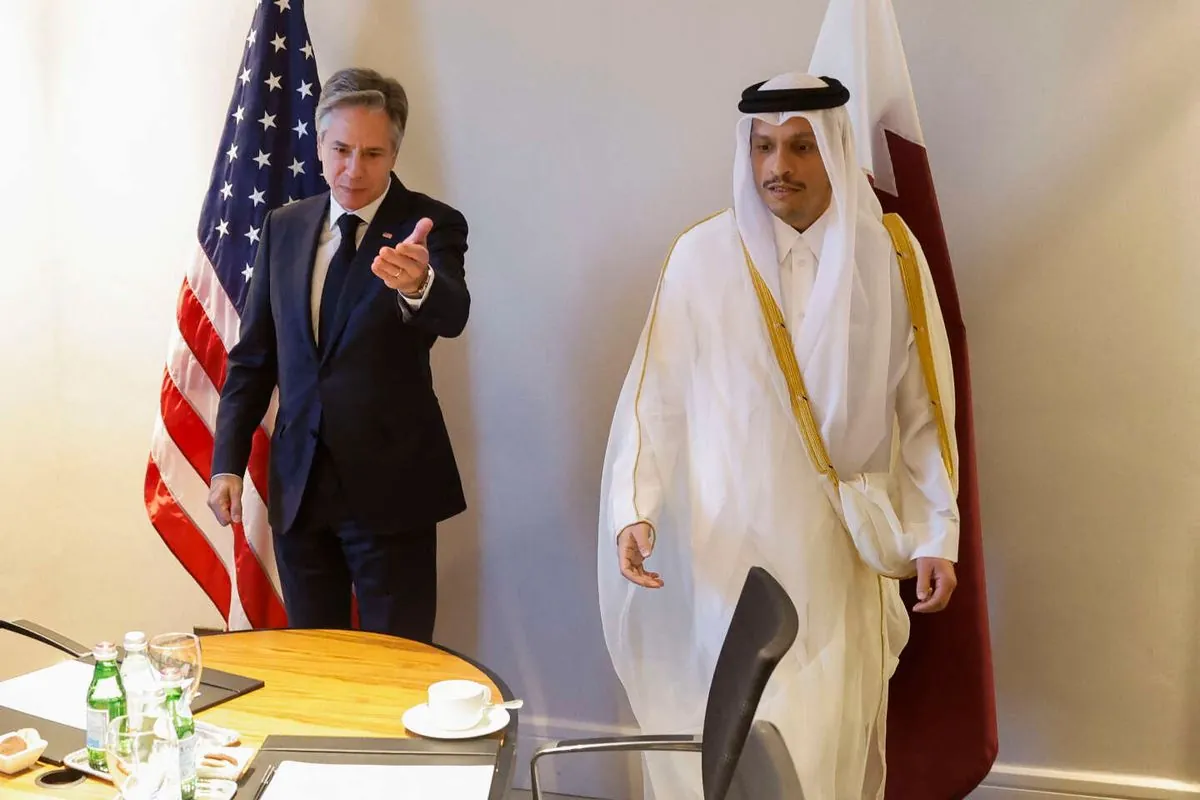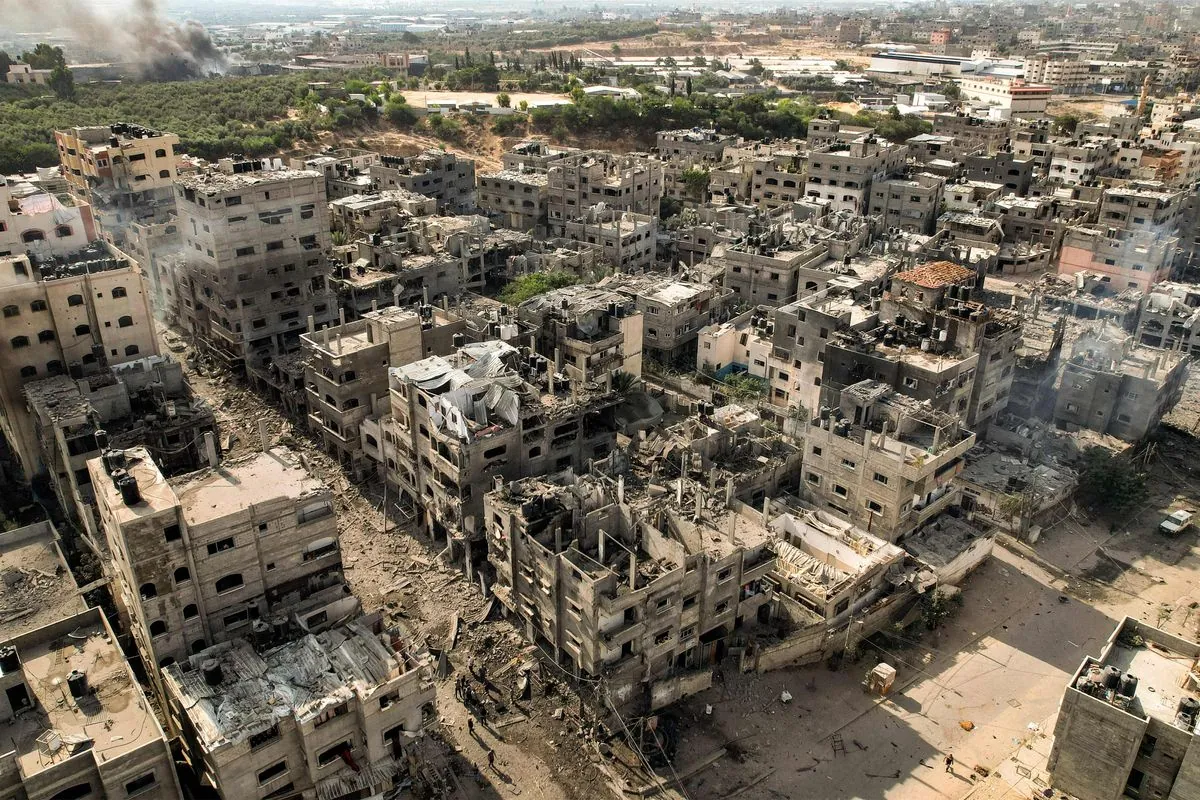US Hostage Release Strategy Shift Could Break Gaza Impasse
As the one-year mark of the Gaza hostage crisis approaches, a new strategy focusing on American captives emerges. This approach could potentially overcome the current diplomatic deadlock and lead to broader resolutions.

Nearly a year has passed since the events of October 7, 2023, and 101 hostages, including four American citizens, remain captive in the Gaza Strip. Despite prolonged efforts, current strategies to secure their release have proven ineffective.
Benjamin Netanyahu, Israel's Prime Minister, and Yahya Sinwar, Hamas' leader in Gaza, both appear to have reasons for maintaining the status quo. Netanyahu's actions suggest a reluctance to reach a deal, as it could jeopardize his political survival. Sinwar, on the other hand, sees the ongoing conflict as a means to delegitimize Israel internationally.
A proposal for a hostage exchange has been on the table since December 2023. However, Netanyahu has consistently introduced new demands and authorized military actions that have hindered progress. For instance:
- In early January 2024, the assassination of Hamas deputy leader Saleh al-Arouri in Beirut halted talks.
- In early April 2024, an Israeli attack in northern Gaza killed family members of Hamas political chief Ismail Haniyeh, stalling negotiations.

These actions have occurred despite Netanyahu's private commitments to President Biden and his team to work towards a deal. The pattern suggests a deliberate strategy to obstruct negotiations while maintaining a public facade of cooperation.
Given this impasse, a new approach is proposed: President Biden could focus on securing the release of the four American hostages in Gaza. This strategy could:
- Fulfill the primary responsibility of protecting American citizens
- Potentially break the current deadlock
- Increase pressure on Netanyahu to accept a broader hostage deal
"When there are gaps between the sides and you want negotiations to succeed, you emphasize the common ground in your public remarks. If you want the negotiations to fail, you speak publicly about the gaps."
While this approach presents challenges, including the US policy of not negotiating with designated terrorist groups, existing communication channels through Qatar and Egypt could facilitate indirect talks. The deal could potentially include humanitarian aid for Palestinians in Gaza.
From Hamas' perspective, such an agreement could create tensions between Israel and the US, advancing their strategic interests. It would also highlight Netanyahu's obstructionist stance, as all four American hostages also hold Israeli citizenship.
The timing of this initiative is crucial. It could be pursued before the US presidential election in November 2024 or during the subsequent lame-duck period to minimize political repercussions.
Ultimately, this strategy aims to save lives and could pressure Netanyahu into accepting a larger hostage deal framework. While it may create temporary tensions with Israel, it would assert that American interests cannot be subordinated to those of even a close ally.
As the situation evolves, it's important to remember that the Gaza Strip, with its population density exceeding 5,000 people per square kilometer, continues to face severe humanitarian challenges. The ongoing conflict underscores the need for a comprehensive resolution to the Israeli-Palestinian issue, a goal that has eluded negotiators since the Oslo Accords of 1993.


































